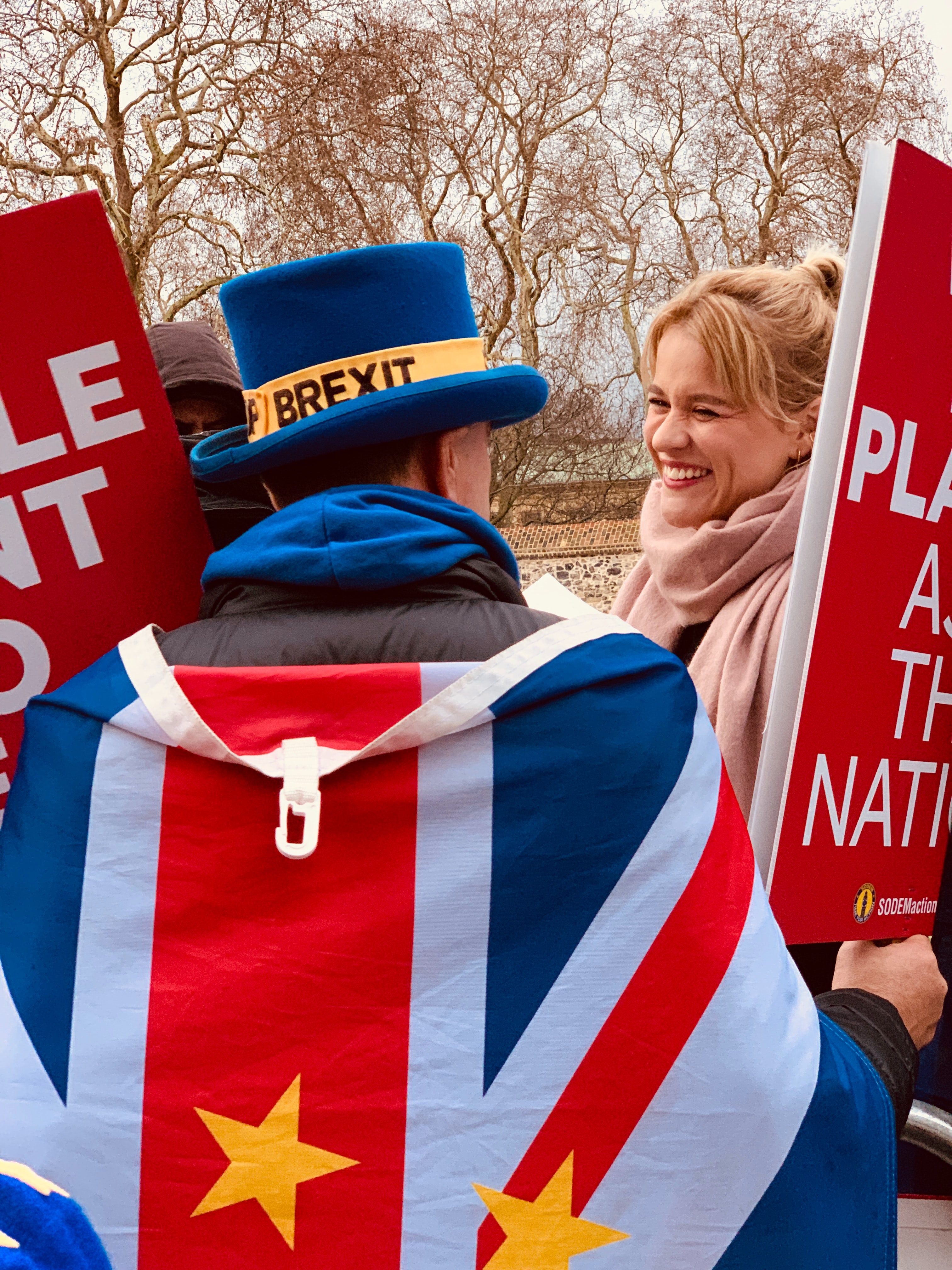Photo by Lucas Marcomini on Unsplash
For the past ten years, the Sustainable Development Solutions Network has published an annual list of the happiest countries in the world.
People in 149 countries were asked to rate their own happiness: criteria included social support, personal freedom, gross domestic product and levels of corruption. Sponsored by the UN it is based on three-year rolling poll data from Gallup.
The 2023 list shows that six out of the top ten countries are Members of the EU, with Finland on top for the sixth year running.
The Finnish score even stayed up during the pandemic. When Covid first struck, Finland acted rapidly and decisively imposing an immediate national two-month lockdown, unlike most other countries including the UK. Travel between population centres was banned, with restaurants and schools also closed. Importantly everybody had a high degree of trust in Government decisions: naturally all its Ministers, including the Prime Minister, fully complied with the rules which they themselves had set.
A track and trace app “Koronavilkku” was rapidly developed by a Finnish software company. Introduced as a priority, it was downloaded almost immediately by around half the population. With 84% of people having smart phones the app’s usage was widespread and swift – and unlike the UK’s first efforts it worked. With a high level of laptop ownership by students their education was also less compromised when schools and universities shut.
The outcome was that as a nation of 5.5 million people Finland recorded only around 70,000 Covid cases with just 805 deaths, according to Johns Hopkins University. The economy also remained robust: while economic output across the EU fell by an average of 14% Finland only suffered a drop of 6%.
But being on top of the happiness index for six years is not just explained by the two-year response to Covid. A fuller explanation is suggested by Danny Dorling and Annika Koljonen in their book “Finntopia”. Published in 2020 their analysis describes how in Finland there are fewer issues for the people to be unhappy about, unlike the UK, because of the way that the country has chosen to invest in its people.
In the UK 1 in every 200 people is homeless, with the number sleeping on the streets in England rising by 169 per cent between 2009 and 2018. During the same time long-term homelessness in Finland actually fell by 35 per cent, and rough sleeping has been virtually eradicated. The BBC reported recently that Finland was “the only EU state not suffering from a housing crisis which is the result of Finland’s Housing First initiative which started in 2008… in Finland housing is seen as a right, not as a reward, as it often is in other EU countries.”
Finnish society today is also very egalitarian, without the rigidity of a social class hierarchy which continues to hold back the UK. Progress in this respect in Finnish politics has been helped by an increasing consensus and compromise between Right and Left. This began way back in 1937 when a coalition introduced the Maternity Grants Act: in 1968 the same philosophy gave rise to a law regarding universal basic education. Some fifty years ago over 50% of older secondary school students went to private schools: by twenty years ago this had reduced to less than 10%. This key change dramatically levelled Finnish society.
The UK Labour party championed a similar approach to education in their 1964 manifesto. A proposal to the party conference by their national executive stated: “We are convinced that the nation should now take the decision to end the social inequalities and educational anomalies arising from the existence of a highly influential and privileged private sector of education, outside the state system.” Nothing has actually happened since.
The Finnish formula for happiness is not rocket science. Taxes may be generally high, but according to a recent poll 79% of Finns said they were happy to pay up, and fully 96% agreed that taxes were important in order to fund their welfare state. Their people are the happiest because they recognise the importance of valuing and caring for each other equally. Their politicians of Left and Right have bought into this concept and played their part in delivering universal public services, seeing them as a bedrock of a strong society rather than a cost to be resented. The UK could do the same – if it chose.
The UK currently stands at a lowly 19th on the happiness list, having slid successively in the years since Boris “got Brexit done”. There may have been a short-term bounce recently following the Coronation weekend, delivered with inclusivity, competence and flair. Unfortunately, the organisers are not running the country.
With Conservative politicians focussed on fighting each other, nobody seems to be running the country. Happier days will have to wait.




